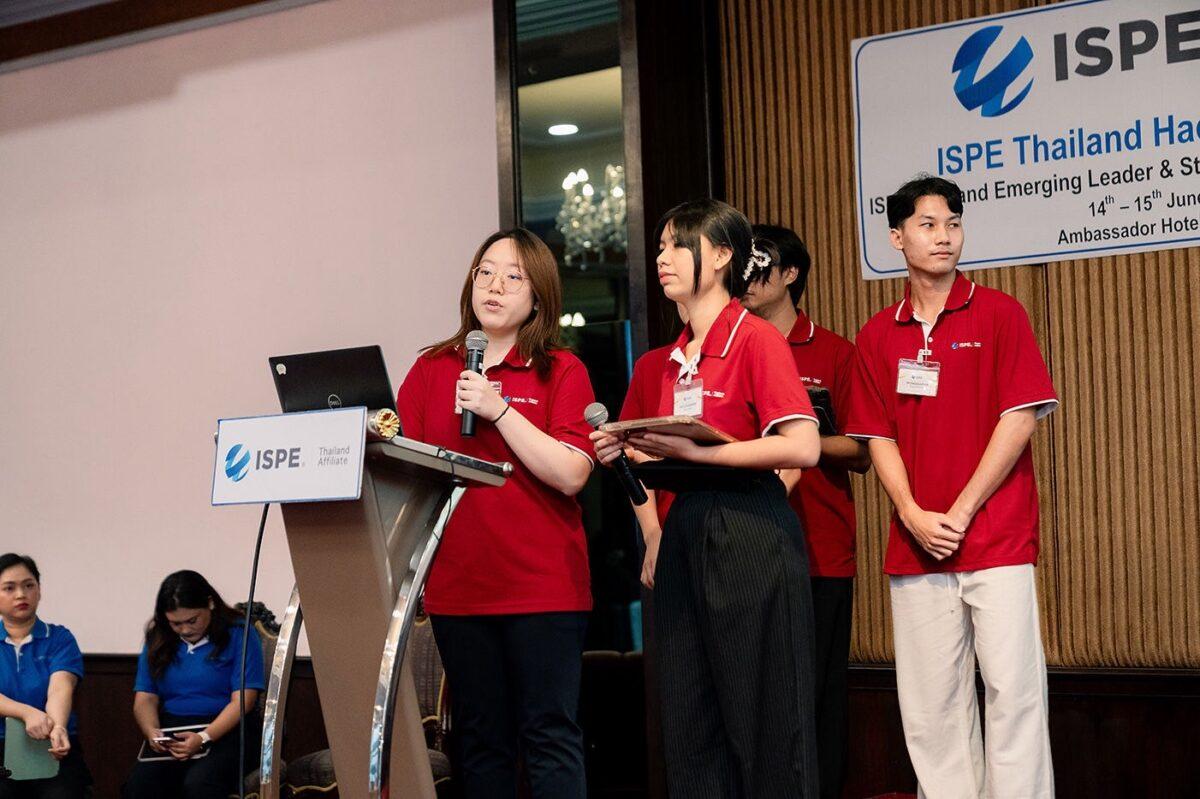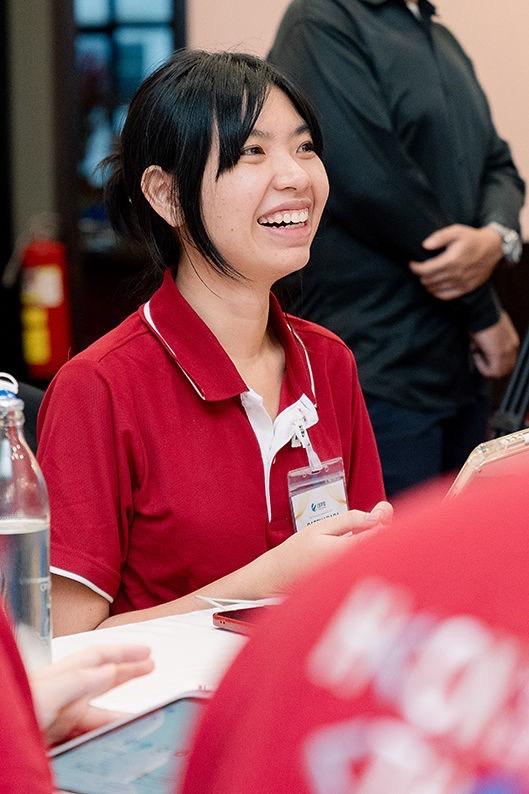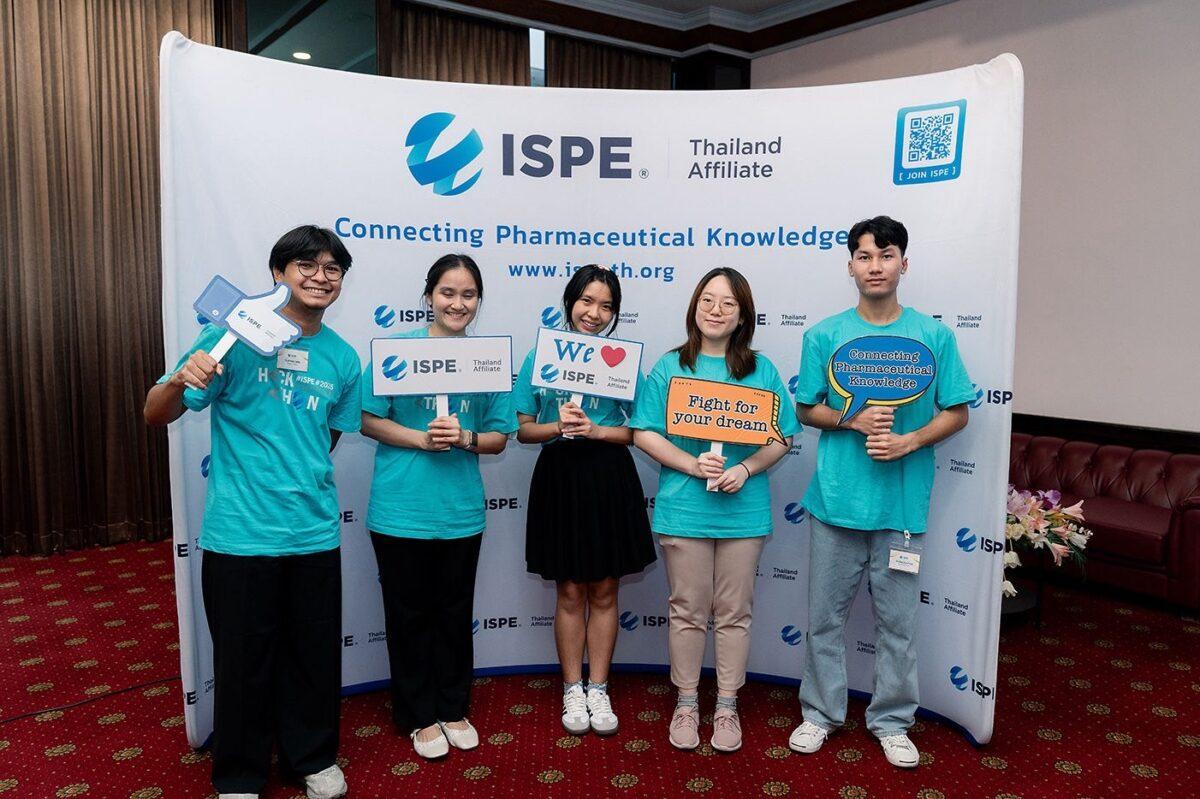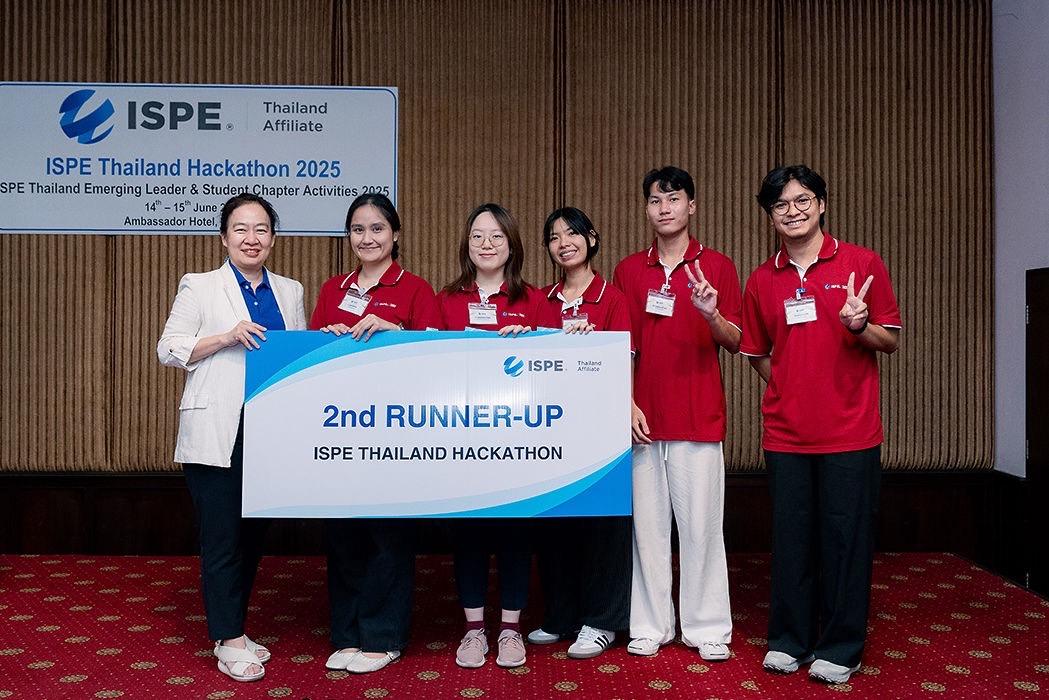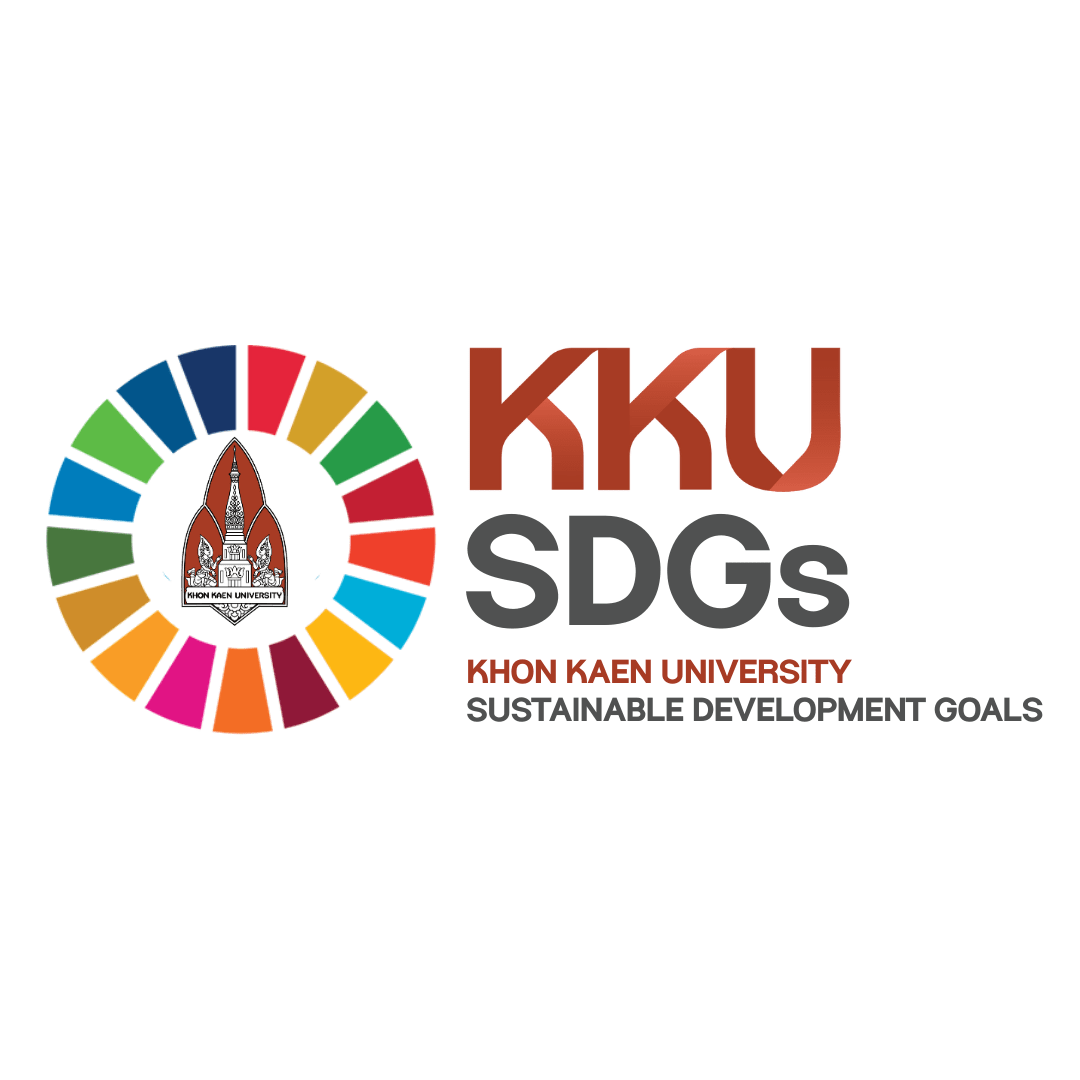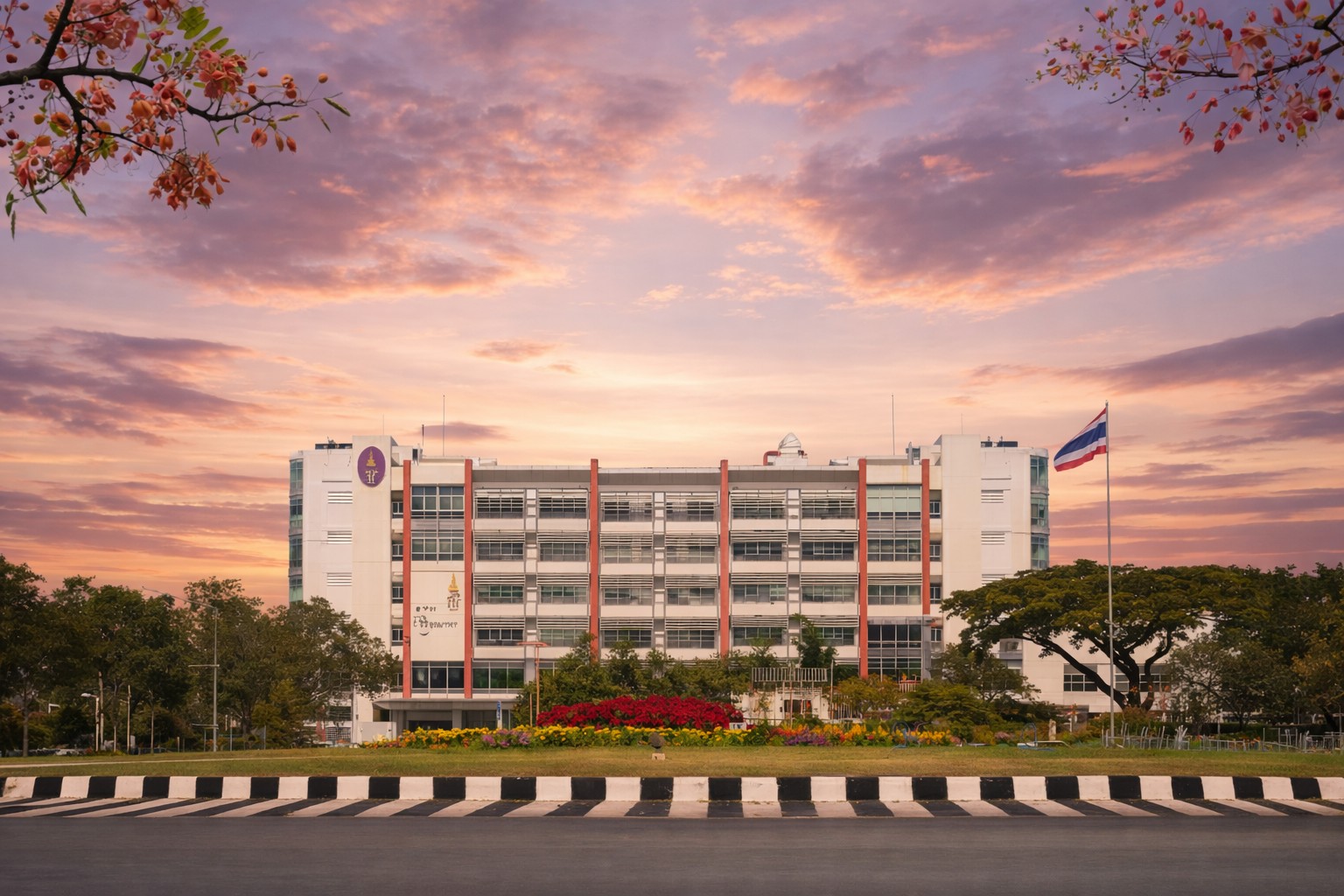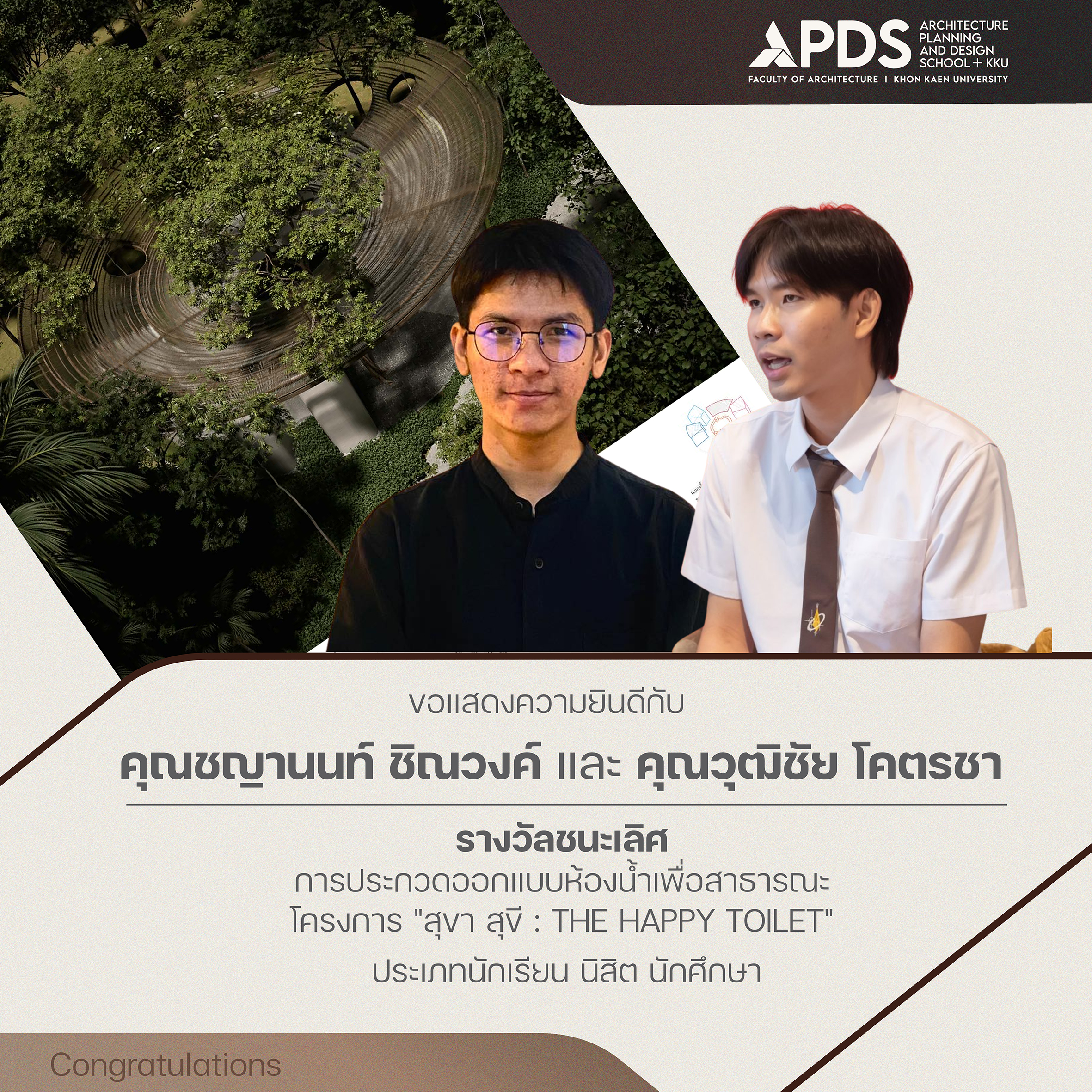Two students from the Faculty of Pharmaceutical Sciences, Khon Kaen University (KKU), were recognized for their outstanding performance at the ISPE Thailand Hackathon 2025, an international pharmaceutical engineering competition organized by the International Society for Pharmaceutical Engineering (ISPE). Held on June 14–15, 2025, at the Ambassador Hotel in Bangkok, the event brought together interdisciplinary student teams to showcase creativity, innovation, and practical skills through group hackathons and presentations to expert judges.

Miss Punyaporn Khan-O, a third-year pharmacy student at KKU (pictured third from left), was a member of Team 8 and received the 1st Runner-Up award. She will go on to represent Thailand at the upcoming ISPE Hackathon in Malaysia.

Miss Patcharapa Kamthaeng, a sixth-year pharmacy student (also pictured third from left), was part of Team 7 and received the 2nd Runner-Up award, working alongside three pharmacy students from other universities.
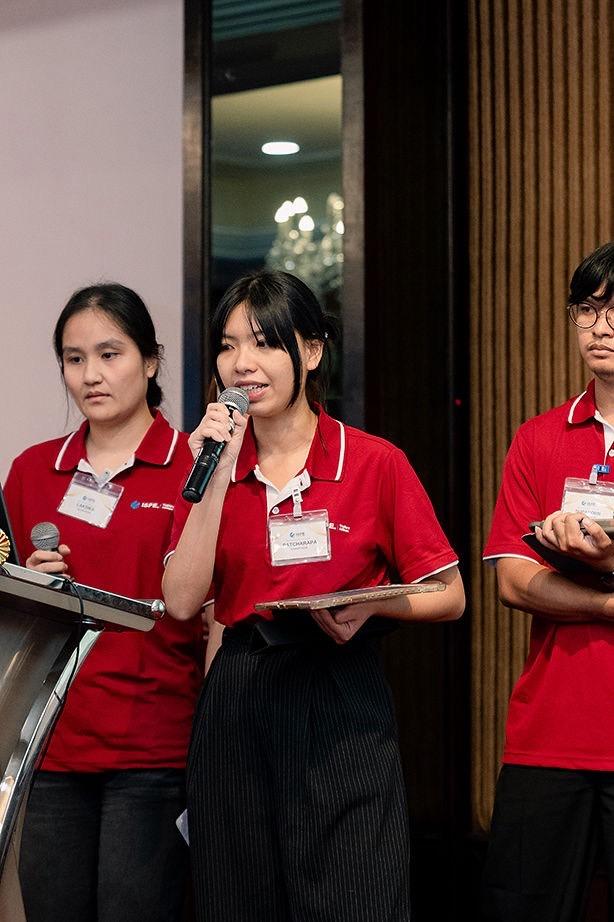
Miss Patcharapa shared insights into her team’s winning concept, which focused on utilizing AI to enhance the pharmaceutical packaging process. Her project titled “AI-Based Tablet Shape Quality Detection” proposes an AI-driven system capable of identifying and classifying pills with irregular shapes or defects in real time—effectively reducing the risk of distributing damaged or incorrect medication.
“When given a problem case by the judges, I proposed using AI to detect and sort pills that don’t meet quality standards. This tool can accurately assess the physical integrity of tablets and remove defective ones, ensuring only qualified medication is packed and delivered to patients,” she explained.
The AI system is designed to automatically scan pills as they fall into trays, using smart cameras and algorithms developed from a classroom research project under the guidance of faculty advisors. The system filters out substandard tablets immediately, thereby easing the workload of pharmacists in community pharmacies and hospitals nationwide.

Miss Patcharapa further highlighted the growing role of AI in pharmaceutical science.
“Traditionally, pharmacists rely heavily on paper documentation, which is prone to errors and inefficiencies. It’s time to shift from manual records to digital AI-integrated systems,” she stated. “AI is also revolutionizing drug discovery—cutting development time from decades to just 3–4 years, and significantly reducing production costs. Applying AI in the pharmaceutical industry not only improves manufacturing and quality control, but also marks a major step toward building a more modern and accessible healthcare system.”
